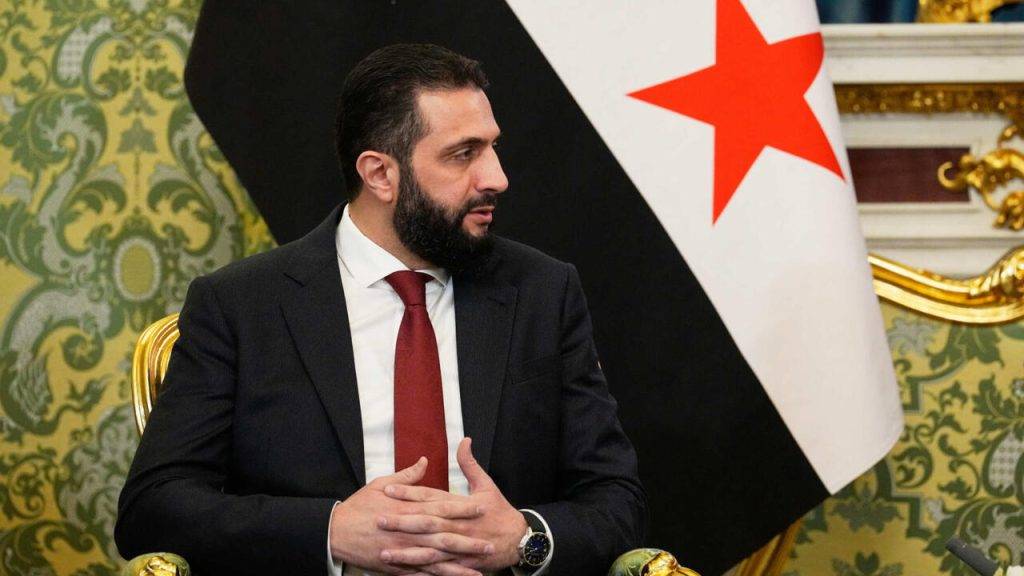Cliff Notes – The reward for terrorism in West – Make him President, so long as he agrees to give us oil
-
The UN Security Council has removed sanctions on Syrian President Ahmed al-Sharaa and Interior Minister Anas Khattab, acknowledging a significant political shift in Syria following Bashar Assad’s ousting.
-
The resolution, drafted by the US, received broad support with 14 of 15 members voting in favour, while China abstained due to concerns over differing views within the Council.
-
Al-Sharaa’s upcoming visit to the White House marks the first for a Syrian president since the country’s independence in 1946, signalling a potential new phase in US-Syrian relations.
-
The reward for terrorism was drafted by the United States.
UN Security Council lifts sanctions on Syria’s president
The United Nations Security Council removed sanctions on Syrian President Ahmed al-Sharaa on Thursday, days before he was due to meet US President Donald Trump at the White House.
“The council is sending a strong political signal that recognises Syria is in a new era since Assad and his associates were toppled,” US Ambassador to the UN Mike Waltz said after Thursday’s vote, referring to the ouster of longtime ruler Bashar Assad late last year.
From enemy to friend
The resolution, drafted by the US, also lifted sanctions on Syrian Interior Minister Anas Khattab.
Of the 15 UNSC members, 14 countries voted in favour of the resolution while China abstained.
The US had first announced the major policy change in May and has since been urging the UNSC to ease Syrian sanctions.
Al-Sharaa is set to visit the White House on Monday, making him the first Syrian president to do so since the Arab country’s Independence in 1946.
Why were they sanctioned in the first place?
The two Syrian leaders had been on the UNSC’s international sanctions list because of their former links to the terrorist organisation al-Qaeda.
Following 13 years of civil war in Syria, former President Bashar Assad was ousted in December after forces led by Islamist Hayat Tahrir al-Sham (HTS) took over the capital Damascus in a lightning-fast offensive.
The HTS, formerly called Nusra Front, has been on the UN’s sanction list since 2014. The group was al-Qaeda’s official wing in Syria until they broke ties in 2016.
How did diplomats react?
Syrian Foreign Minister Asaad al-Shaibani thanked the US and “friendly countries” for their support.
“Once again, and not for the last time, Syrian diplomacy reaffirms its active presence and its ability to achieve progress with steady steps…,” he said in a post on X.
Representatives from the UK, Russia, France and Pakistan called it an important step towards Syria’s economic recovery and support for the political transition.
Chinese Ambassador Fu Cong, meanwhile, criticised the US, saying it did not fully “heed the views of all members and forced the Council to take action even when there were huge differences among Council members.”
China has long been vocal about its concerns with the Eastern Turkistan Islamic Movement in Syria, which counts Uyghur fighters from China and central Asia as its members.



